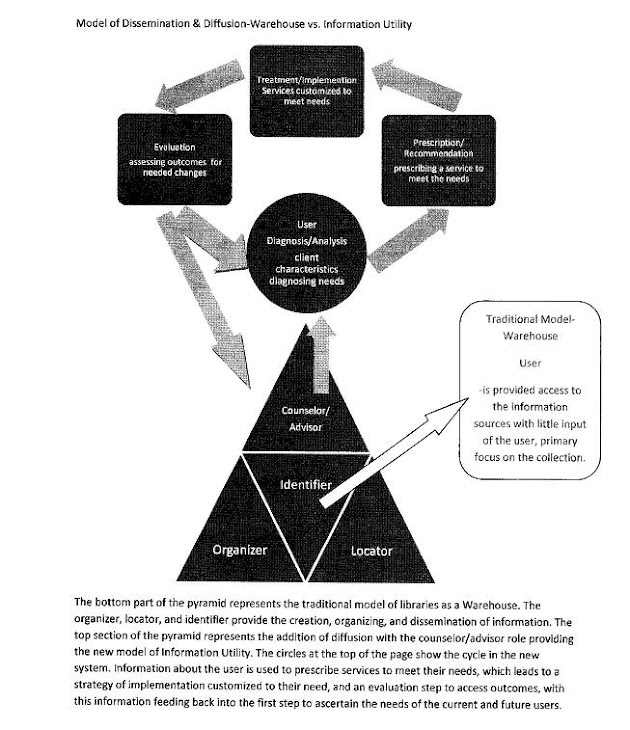A study out of Great Britain concerning the “Google Generation” or the young people growing up in the Internet age shows that we should be involved with training skills for information use. The study found that although young people are very familiar and comfortable with computers they show only basic search skills and lack the analytical skill to use this information. Further the traits common for younger users including impatience in searching and zero tolerance for delays in the necessary information is now common for all age groups.
Dr Malcolm Read, Executive Secretary of JISC, welcomed the publication of the report, saying: “These findings add to our growing understanding of subjects that should concern all who work in further and higher education – the changing needs of our students and researchers and how libraries can meet their needs. We hope that this report will encourage debate around these important questions. We hope it will also serve to remind us all that students and researchers will continue to need the appropriate skills and training to help navigate an increasingly diverse and complex information landscape” (Pothen).
This is a concern that we should have for all users that we serve. We must disseminate knowledge and skills to everyone that we can reach about the wonders and dangers of information available online and from all sources. Search skills and teaching users how to utilize what they find should be a high priority.
Pothen, P. (2008, January 16). Google generation is a myth, says new research. Joint Information Systems Committee (JISC). Retrieved February 16, 2008, from http://www.jisc.ac.uk/news/stories/2008/01/googlegen.aspx
Tuesday, February 19, 2008
Subscribe to:
Post Comments (Atom)


4 comments:
This is an interesting study. I think that we just assume that children because they seem "savvy" are and this study proves that they are not. We must treat them like anyone else who asks for help. I am not saying talk down to them, but do a complete reference interview to see what they need and how they have already tried to find the answer.
Richelle
I have read this same study recently. I am not totally surprised that this is the case. I think Richelle is right in saying that we have a lot of assumptions about the generation that was brought up in the Internet age. Yet there seems to be a real lack in education focusing on critical thinking skills. These skills are needed for analyzing the abundance of information to determine what is useful, creditable, etc.
The assigned reading for the 6260 course (Empirical Studies of End-User Information Searching by Sutcliffe, et al) points to some research on the dismal lack of skills in information retrieval for both novice and expert users.
All of this points to the continued role and need for librarians to help students, researchers, and others to successfully navigate the overwhelming amount of knowledge available, as pointed out in the article you have posted.
The results of the study cited by Sharon correlate with experiences that I have had working with students on various assignments that entail their doing research. Many could not distinguish between fact and the author's opinion, or were unfamiliar with basic tools of reference. I agree with Maureen's comment, and feel that my main focus as an educator, and as a future librarian, is to teach people how to do research. This involves knowing what research tools are available/ applicable, learning how they work, finding appropriate information, and making sense of it.
The most common mistake I encounter when people ask me for help in research -- looking at journals vs books for appropriate information. I have had to tell many people that because of the nature of their topic, they should be looking in books rather than journal articles. These individuals assume that all of the information they need is online.
Post a Comment